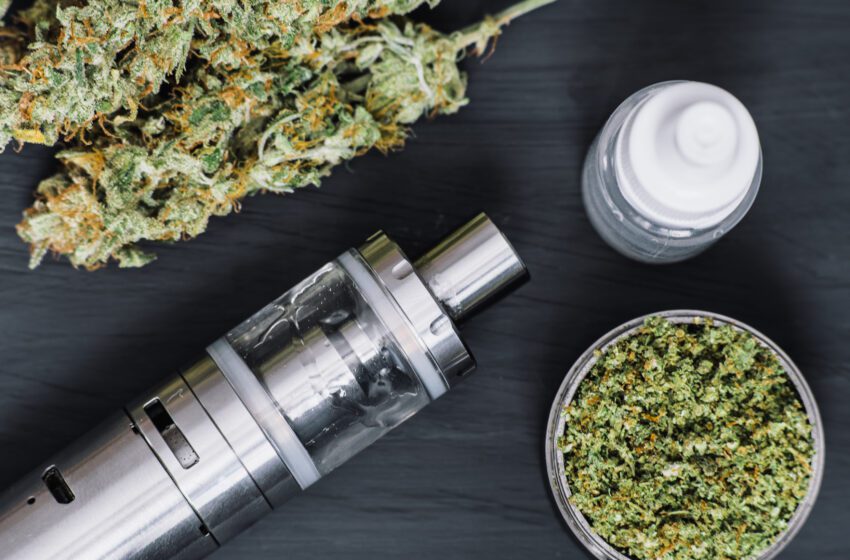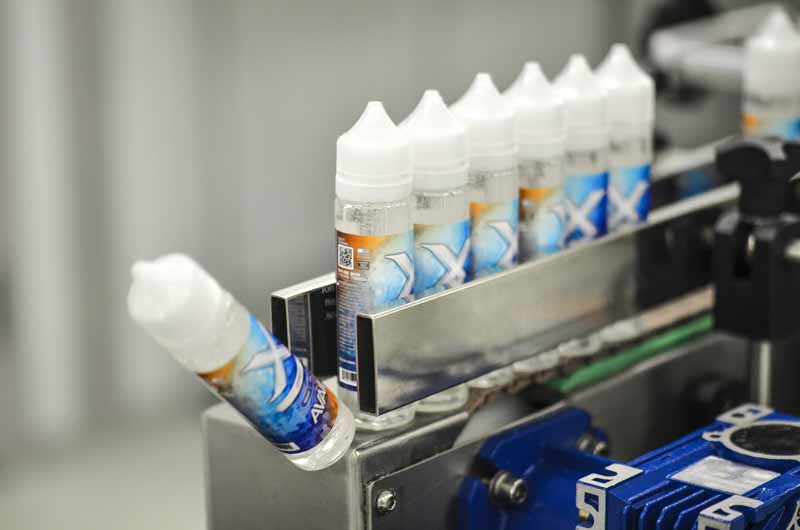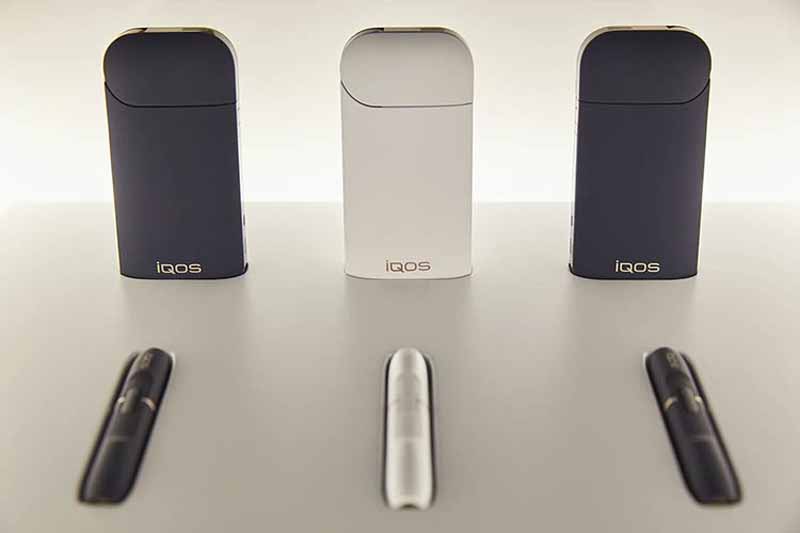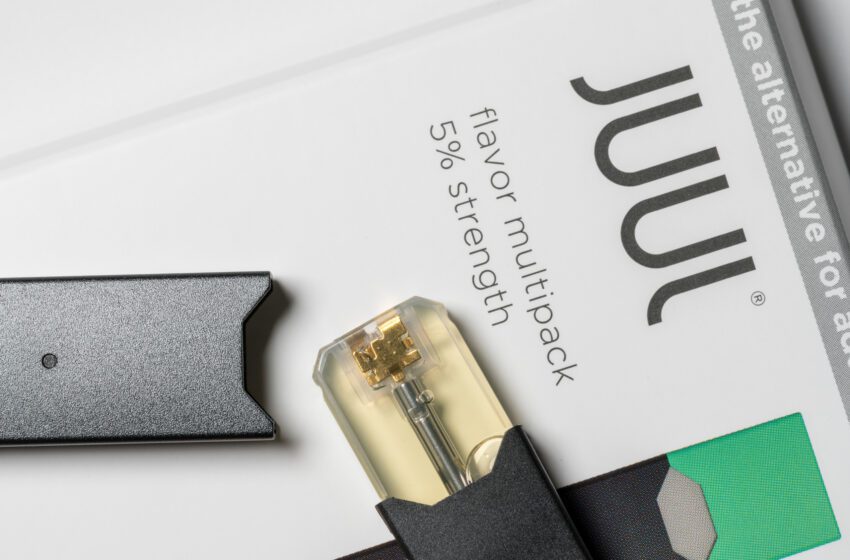Flavored vaping products, which critics say attract teens and get them hooked on nicotine, will soon be banned in New Jersey, according to an article on nj.com.
Gov. Phil Murphy on Tuesday signed a bill into law prohibiting flavors in e-cigarettes in the Garden State, just months after he called for state lawmakers to send him a measure barring the products as a national health crisis associated with vaping unfolded.
The law is the nation’s first permanent flavor ban, according to the governor’s office. Several others issued emergency bans last year as the vaping crisis began, the story states.
“As governor, I am first and foremost charged with protecting the health and safety of our people,” Murphy, a Democrat, said in a statement. “Research shows that flavored electronic smoking devices and products, such as mint, candy, fruit, and chocolate, are extremely appealing, especially to children.”
The flavor ban will take effect in 90 days, or on April 20. The small vape shop owners say that leaves them with a short time to clear their shelves and pivot their business models, according to the article.
Many have said the flavor will take away their main source of revenue and force them into bankruptcy, while the law will do nothing to address the black market. Some former cigarette smokers say switching to vaping helped them to quit and has improved their health.
But others hope the ban will keep kids from picking up the habit after smoking significantly declined among young people, the article states.
A former version of the bill included a ban on menthol cigarettes, but state Senate President Stephen Sweeney said lawmakers put that on hold, planning to bring it up again during budget discussions later this year.







